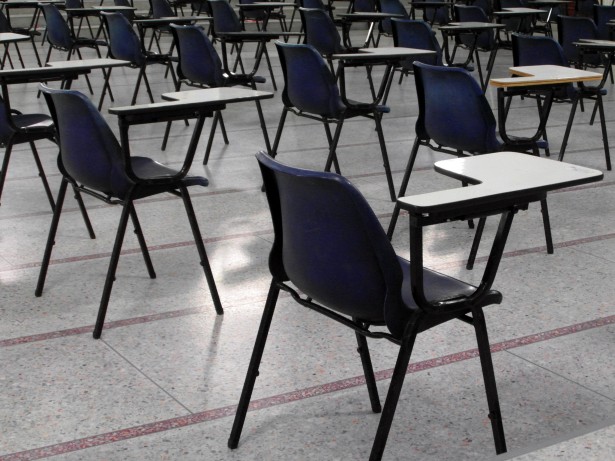Testing Terror: Reauthorization of the PARCC In NJ
On September 8, 2021, the New Jersey State Board of Education adopted new graduation requirements for classes 2023-2025. ELA and Mathematics requirements were replaced pursuant to an amended Consent Order, issued by the Appellate Division of the Superior Court of New Jersey. These new obligations are required for every school in New Jersey. This new test mandates students to complete it at 10th grade standards: 10th grade English, Algebra I, and Geometry. Those who fail have the opportunity to demonstrate their proficiency through prior high school standardized test scores or appeal their initial score using a portfolio.
Opponents of standardized tests argue that they provide objective results to assess the effectiveness of school curriculum/student proficiency. However, their arguments do not spur any immediate reconsiderations of the test taking methods as they have been deemed an accurate assessment since the Han Dynasty in Ancient China (206 BC – 220 AD). Mr. Mulkeen, a member of the Child Study Team and in charge of Standardized Testing at Cresskill High School, believes that the prevalence of exams like this (and other typical academic assessments) will continue for years to come.
However, this is only one data point of student development in an overall comprehensive evaluation, those reviewing the test take into account that each case is unique. In the upcoming standardized test, they will have to monitor the detrimental effects of a lack of resources on low income communities throughout the pandemic on standardized test scores. A general trend seen pre-Pandemic demonstrated a correlation between poverty and low academic achievement, causing worries as to what extent this will be reflected in Pandemic test scores– many couldn’t afford the same benefits as the affluent, or even middle class, students such as online programs, technology, etc.
Furthermore, opponents to standardized tests firmly believe that they are too long and heavily influenced by focus– the computer-based exam lasts approximately 2 hours a day, and 6 hours total. In addition, these tests narrow students’ knowledge, highlighting basic skills rather than higher level thinking such as unguided analysis and creativity, thus not serving their purpose to assess the effectiveness of teacher’s instructional methods.
A Survey conducted on Cresskill High School students reveals that nearly 80% believe standardized tests, such as the graduation test, are ineffective at achieving its purpose of measuring student proficiency due to variables that are unaccounted for– length of test, narrow range of test material, and poor test taking.
Stress throughout such a lengthy test soars as teachers remind students about these tests and its curriculum throughout the Spring. Many students note a lack of preparation for standardized tests as they enter higher grades. This year many worry that there will be a profound jump between the extent of the preparations of two years ago as opposed to now given the 2 year halt. A survey conducted on Cresskill High School students reports a mode stress of 8 out of 10– 10 being extremely anxious and 1 being completely relaxed.
Nonetheless, Mr. Mulkeen offers advice to anxious students, “Do your best on the test, but continue investing your time and focus on the day to day instruction you receive in the classroom. Your self-advocacy, collaboration with peers and teachers, growth and contributions in the classroom are more meaningful than a test score. […] If any students feel that the stress is beyond what they can tolerate then I encourage them to speak to their parents or teacher.”
Your donation will support the student journalists of Cresskill High School. Your contribution will allow us to purchase equipment and cover our annual website hosting costs.











